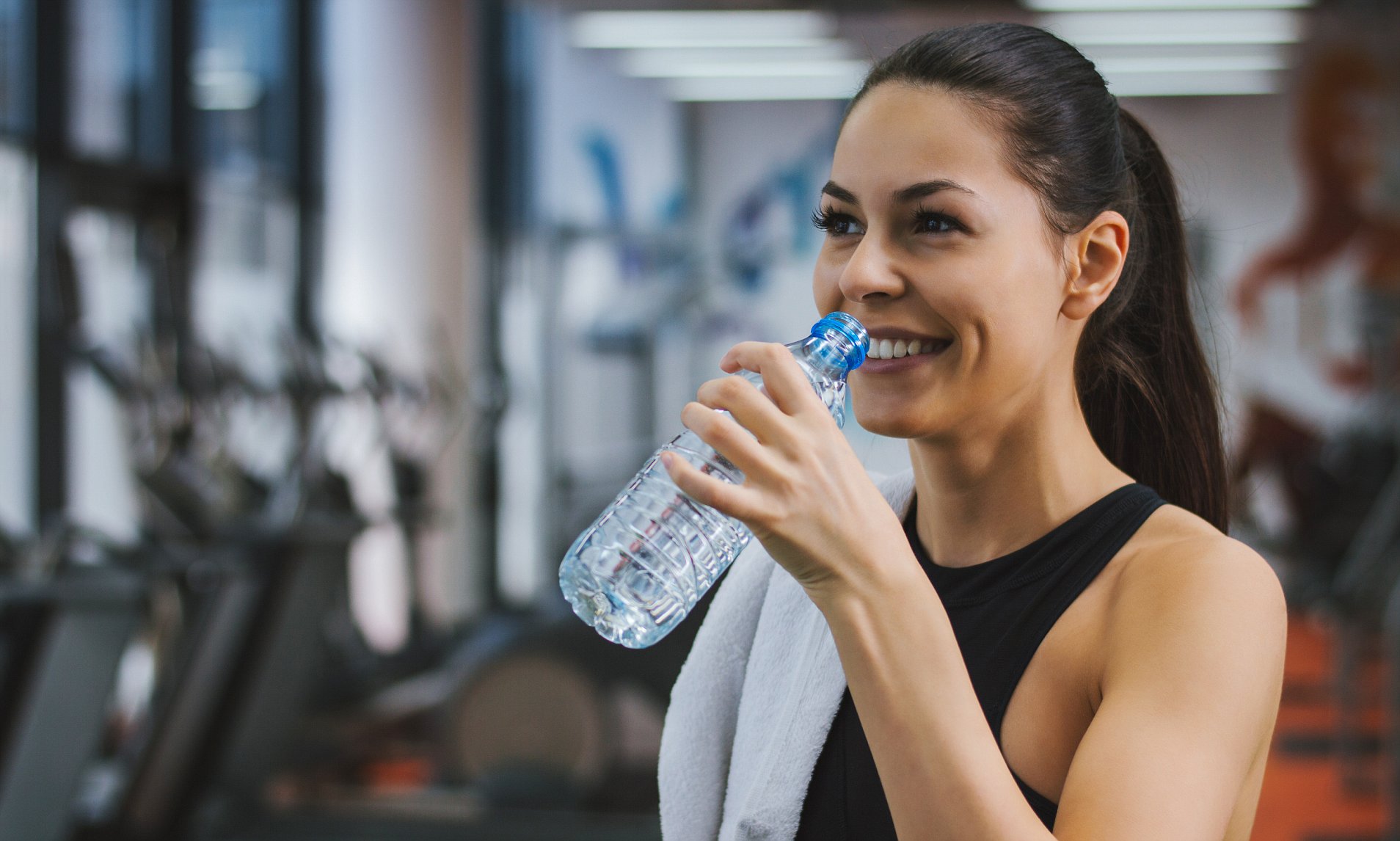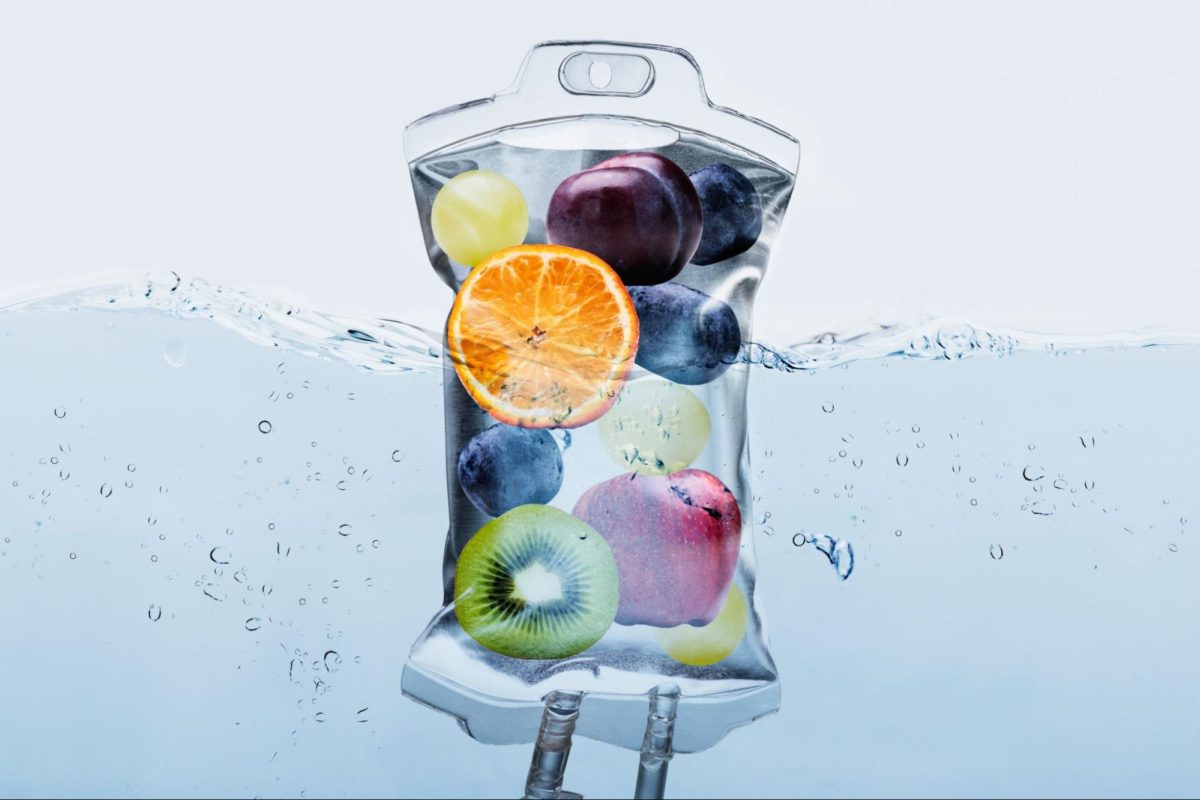Drinking water helps keep you hydrated and helps your body run at its best and make better decisions about what foods to eat. Drinking more water can make you lose weight because it allows your body to burn fat as fuel when there isn’t enough food in your diet. IV treatment is more effective than oral rehydration in treating the body. During an IV treatment, you are given a solution that contains sodium, potassium, and other important minerals. These fluids help the body absorb the fluid more effectively than if you just drank plain water.
Hydration is critical to health and fitness.
Hydration is critical to health and fitness. Drinking water before, during, and after exercise can help you lose weight, improve skin tone and texture, sleep better, boost your immune system, and even help you focus or recover from exercise. In other words, hydration is a must-have for nearly all women looking to get fit! With home IV treatment, you can achieve these benefits—and more—without leaving your home’s comfort. That’s because our IV therapy is administered by a doctor who comes to you! This means that we can bring hydration and wellness to your front door, no matter how busy your schedule is or how far away you are from an in-person treatment center.
Hydration can help you lose weight.
Water is a calorie-free beverage, and it can help you feel full. When your body is dehydrated, your appetite increases, as well as how much food you want and how hungry you feel afterward. This is why it’s important for women trying to lose weight or gain muscle mass by exercising regularly. They need more calories than normal because their bodies require them to function properly during exercise sessions (and afterward). Drinking water before each meal keeps hydration levels up so that they don’t drop too low while working out or doing other physical activities like running on the treadmill at the gym!
Hydration can make you look younger.
Hydration is a critical factor in maintaining a youthful appearance. Water is an essential component of the skin; when it’s not hydrated, your skin can become dry and flaky, which can be very irritating. If you want to keep your skin moisturized and supple, drinking plenty of water can help!
- Water helps keep the surface of your skin smooth and clear by removing dead cells that accumulate on top of it over time (this process is called exfoliation).
- Drinking enough water will also boost hydration levels within cells, so they stay plump while pumped throughout your entire body at once (this process is called circulation).
Hydration gives you more energy.
Like most people, you probably think that water is just another liquid that comes from the tap and then goes down the drain without any consequences. Water is a critical part of our metabolism and helps keep us alive by carrying nutrients throughout our bodies. It also provides energy when we need it most—during exercise or high-intensity activities such as hiking or running long distances.
How your body uses water to produce energy: A lot goes into making up our fluid balance—too much or too little can cause problems with how efficiently oxygen travels through our bloodstreams (which means less oxygen gets delivered to active muscles). When we exercise for long periods at high intensities (elevated heart rate), sweat releases salt into our bloodstream; this increases its concentration, so tissues must absorb more water throughout various organs to balance out all those electrolytes being lost through perspiration.”
Hydration boosts your immune system.

Drinking water helps to flush out toxins, keep your skin hydrated, lubricate joints, and help you avoid dehydration.
Water also keeps your brain hydrated at the ideal temperature of 98.6 degrees Fahrenheit (37 degrees Celsius). This is important because you must avoid getting dehydrated if you want to focus on exercise or other tasks during a workout session.
Hydration can help protect against some forms of cancer.
Water is good for your health. It helps flush toxins from the body, reduces swelling and inflammation, keeps you feeling full longer than other types of food or drink, helps to keep skin healthy and youthful, keeps organs functioning properly (including the heart), reduces the risk of cardiovascular disease…the list goes on!
So what does this mean for women? Not getting enough hydration in your diet or lifestyle could contribute to several health problems, including obesity-related cancers like breast cancer or prostate cancer. These days, there are many different ways we can help improve hydration levels, but one thing remains constant no matter where you live: water!
Drinking more water can improve your health.
- Drinking water is essential for life. Not only does it keep your skin healthy, but it can also help prevent cancer and sunburn.
- Water helps flush toxins from your body, which may also lead to better overall health.
Why IV therapy for women fitness

IV therapy is a great way to stay hydrated and quickly get nutrients into your body. It can help with muscle soreness, fatigue, burnout, and bloating. And it’s an especially good option if you don’t have time to eat right or exercise regularly—IV therapy can give you the same benefits in just one hour!
IV therapy can also help you lose weight, which can be especially useful if you’re trying to slim down. IV therapy gets you the necessary nutrients and vitamins without eating immediately.
This can help you avoid cravings for unhealthy foods, which could lead to weight loss. IV therapy is also a great way to stay hydrated, making your skin look healthier and clearer. IV therapy can be especially beneficial for pregnant or breastfeeding women—it’s safe for moms and their babies.
So, how much water should you drink each day? That depends on your age, gender, race, and other factors. If you drink excessive amounts of soda or juice, you should cut back on those drinks. Take lots of water instead. If you want to reduce your weight, At-home IV treatment is a great way to boost your metabolism and get the hydration you need.
Disclaimer
The Content is not intended to be a substitute for professional medical advice, diagnosis, or treatment. Always seek the advice of your physician or other qualified health provider with any questions you may have regarding a medical condition.